India, Pakistan face off but seek to contain fallout
Despite the violence, including cross-border shelling on Wednesday, both sides sought to display a measured approach as the Trump administration urged them to avoid further escalation.
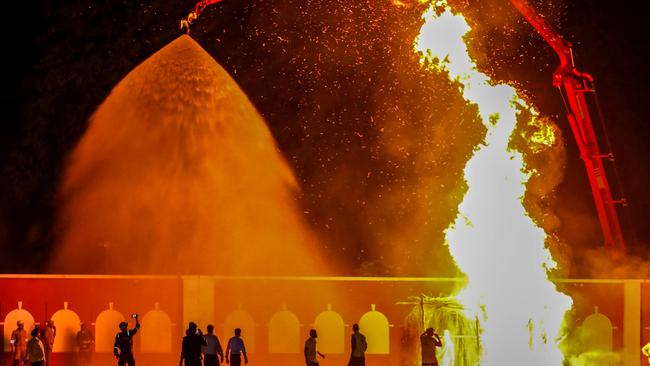
India and Pakistan faced off militarily after a militant attack on tourists that New Delhi blamed on Islamabad, but the nuclear-armed neighbors appeared to be calibrating their responses to avoid full-blown conflict after decades of relative peace.
Pakistan threatened to hit back after retaliatory strikes by India on nine locations across Pakistan and Pakistan-controlled Kashmir overnight Wednesday. Islamabad said its response would correspond to actions taken by New Delhi, which had described its attacks as non-escalatory.
Despite the violence, including cross-border shelling Wednesday, both sides sought to display a measured approach as the Trump administration urged them to avoid further escalation.
New Delhi said its strikes were based in part on intelligence about imminent attacks like the one which killed 26 people in Indian-administered Kashmir in April. India didn’t give a death toll from the overnight strikes but said it avoided collateral damage.
Pakistani Prime Minister Shehbaz Sharif’s office on Wednesday called India’s actions an unlawful act of war. Sharif later said Pakistani pilots had destroyed five Indian fighter aircraft in an hourslong battle while remaining in their own airspace.
“This was our answer to them,” he said.
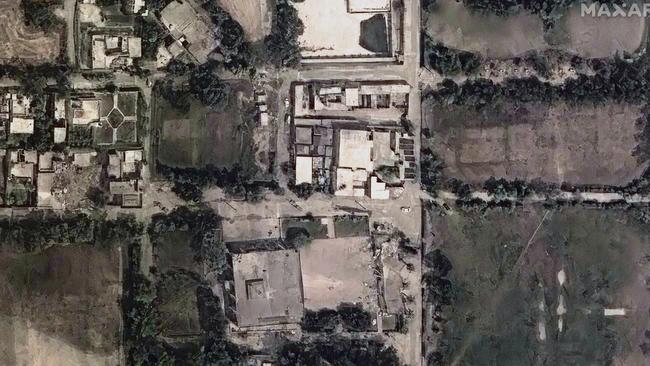
India declined to comment on the assertion, for which Pakistan didn’t provide evidence. Locals in some parts of Kashmir reported seeing planes crash overnight.
Islamabad said India had killed 31 civilians in the strikes. Pakistan denies involvement in the attack last month, in which militants shot dead tourists in front of family members.
The US has sought to persuade both sides to defuse tensions. But while US-India ties have strengthened in recent years, Washington’s influence over Islamabad has waned over the past decade as China has become Pakistan’s closest ally.
President Trump said the strikes were “a shame” and that he hoped the fighting would end “very, very quickly.” Lisa Curtis, who worked as a National Security Council official for South and Central Asia in Trump’s first administration, said the US had leverage because its ties with Pakistan had improved during Trump’s second term, something she said Islamabad had long craved.
“The administration could warn Pakistan that further escalation could risk those gains,” said Curtis, now director of the Indo-Pacific Security Program at the Center for a New American Security.
In 2019, when India and Pakistan last confronted each other militarily after a deadly assault on Indian security forces in Kashmir, the two sides had a tit-for-tat military exchange before de-escalating.
India’s action this week came despite diplomatic efforts, including phone calls by US Secretary of State Marco Rubio to Sharif and Indian Foreign Minister S. Jaishankar, aimed at persuading both sides to lessen tensions.
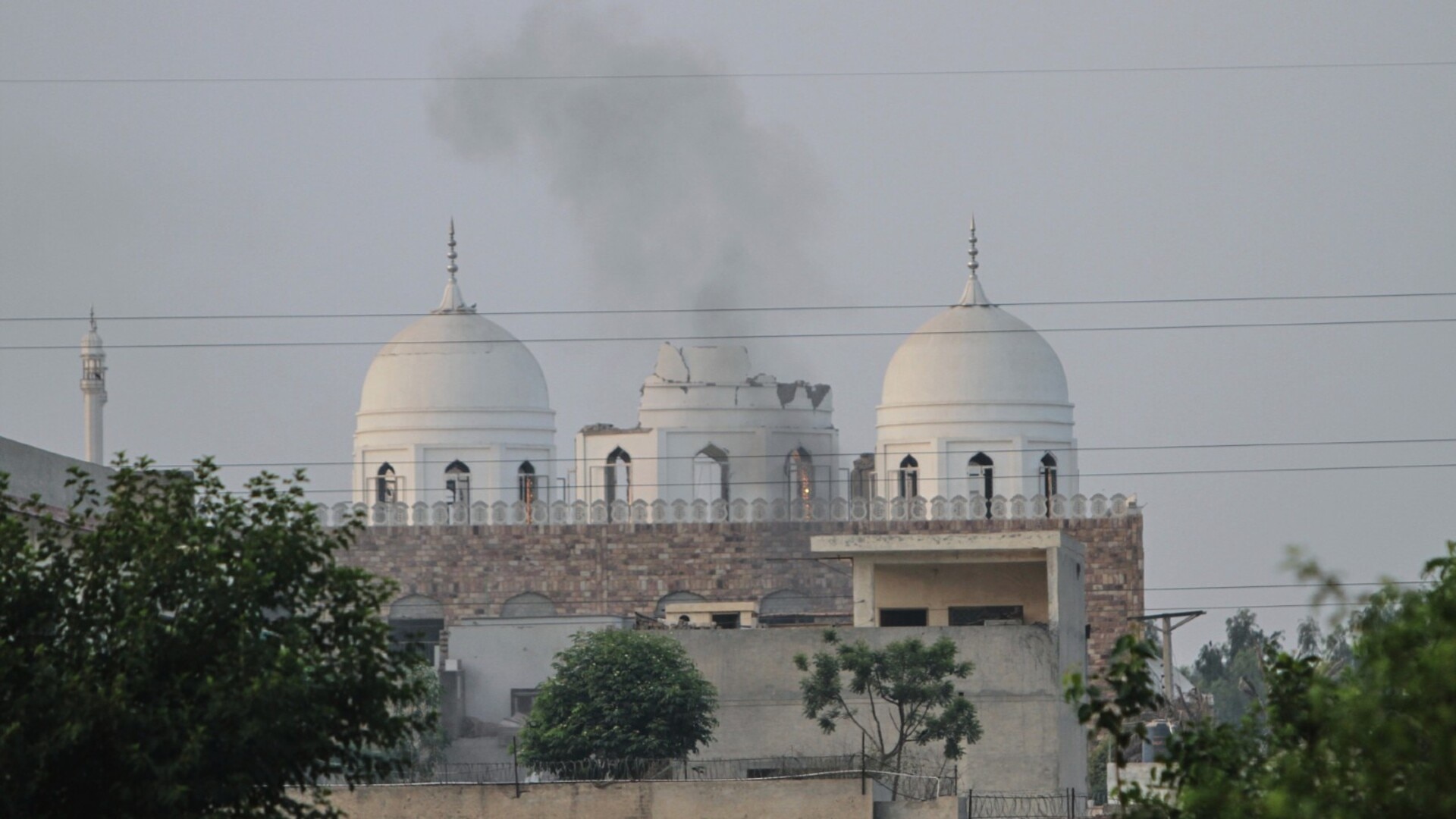
Rubio “is encouraging India and Pakistan to reopen a channel between their leadership to defuse the situation and prevent further escalation, ” National Security Council spokesman Brian Hughes said Wednesday.
India has long accused Pakistan of fomenting a violent insurgency in Kashmir, the region divided between the two countries but that both claim in its entirety. Islamabad denies supporting militancy and has pursued some members of the militant group responsible for attacks on Mumbai.
India and Pakistan have exchanged small-arms fire along their border over several days since the April attack in Pahalgam, a valley in Indian-administered Kashmir. Overnight, the two sides began cross-border shelling, which India said had killed 15 of its civilians.
Political analysts said it was difficult to gauge how Pakistan would respond to India. Pakistan’s army, a powerful political player in the country, could see conflict with India as bolstering its standing, but the country is also confronting economic and political crisis that could hold it back from a full-bore response.
India has sought to portray its actions as moderate, analysts said, noting that it didn’t attack Pakistan’s military installations, leaving an off-ramp for Islamabad.
“India recognises the challenges of climbing the escalation ladder,” said Harsh Pant, a visiting professor at the King’s College India Institute and vice president of the foreign policy program at the New Delhi-based Observer Researcher Foundation. “That gives Pakistan space to manoeuvre. If they want to take it or not is their call.” But Pakistan is under pressure on many fronts, said Pant.
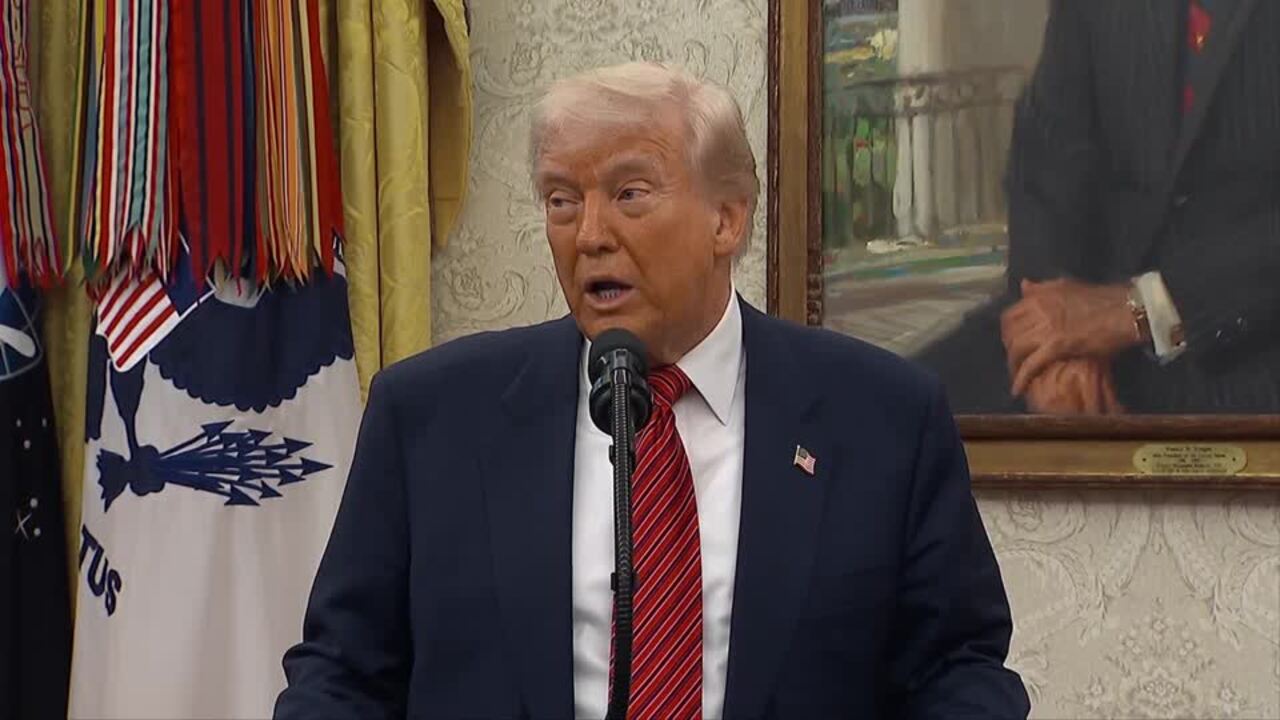
Residents on the Indian side of the de facto border in Kashmir reported hearing explosions and seeing a jet plunge from the sky overnight Wednesday.
In one village, 12 miles south of the Indian Kashmir city of Srinagar, residents said they were jolted awake late at night by the deafening roar of what they said sounded like jet fighters overhead. Moments later, a thunderous explosion shook the area as villagers witnessed a burning aircraft spiralling from the sky.
“I was convinced our village was under attack,” said local resident Mohamad Mumeeb. “When I looked up, I saw this enormous fireball falling from the sky.” Police cordoned off an area of the village Wednesday morning. The smell of aviation fuel filled the air.
If Pakistan did manage to down India’s planes during the attack by New Delhi, it would indicate the two countries would be evenly matched in a shorter aerial conflict, analysts said. Since India has upgraded its Air Force with Rafale jets from France, Pakistan has inducted China’s J-10C combat aircraft. It couldn’t be determined which aircraft took part in the recent strikes.
India and Pakistan, which have fought three wars mainly over the disputed territory, were last at war over two decades ago.
Kashmir was India’s only Muslim-majority state until New Delhi took tighter administrative control and downgraded it to a union territory in 2019, arresting thousands of Kashmiris. But in recent years officials have pointed to rising tourism as a sign the region was returning to normalcy.
The April attack was the worst on civilians in India since the wide-scale assault on Mumbai in 2008. Without providing evidence, India has said the militants were associated with US-designated terrorist organisation Lashkar-e-Taiba, the Pakistani group behind the Mumbai attacks.
Indian security officials have detained hundreds of people in Indian Kashmir since the April attack, and demolished homes associated with militants or their family members.
India has also implemented economic and diplomatic measures against Pakistan, including suspension of a crucial water-sharing agreement.
Both countries have been focused on domestic concerns as a frosty peace prevailed. Pakistan confronted a deepening political and economic crisis, while India focused on expanding its manufacturing base to take advantage of the US pivot away from dependence on Chinese goods.
Back-channel communications between the countries, which had helped maintain the tense truce, have declined in recent years, said Praveen Donthi, of the International Crisis Group. He added that in previous confrontations, US pressure had helped to lessen tensions.
Pakistan’s army chief, Gen. Asim Munir, is seen as taking a harder line on India than his predecessor as part of what India analysts perceive as an attempt to revive the idea of the army as the sole guarantor of the nation’s security. In a speech just days before the attack in Indian Kashmir, the military leader portrayed the India-Pakistan conflict as a war of religions with no common ground, and called Kashmir “our jugular vein,” a phrase used by Pakistan’s founder, Mohammed Ali Jinnah, to describe the region.
“We will not forget it,” Munir said.
Dow Jones


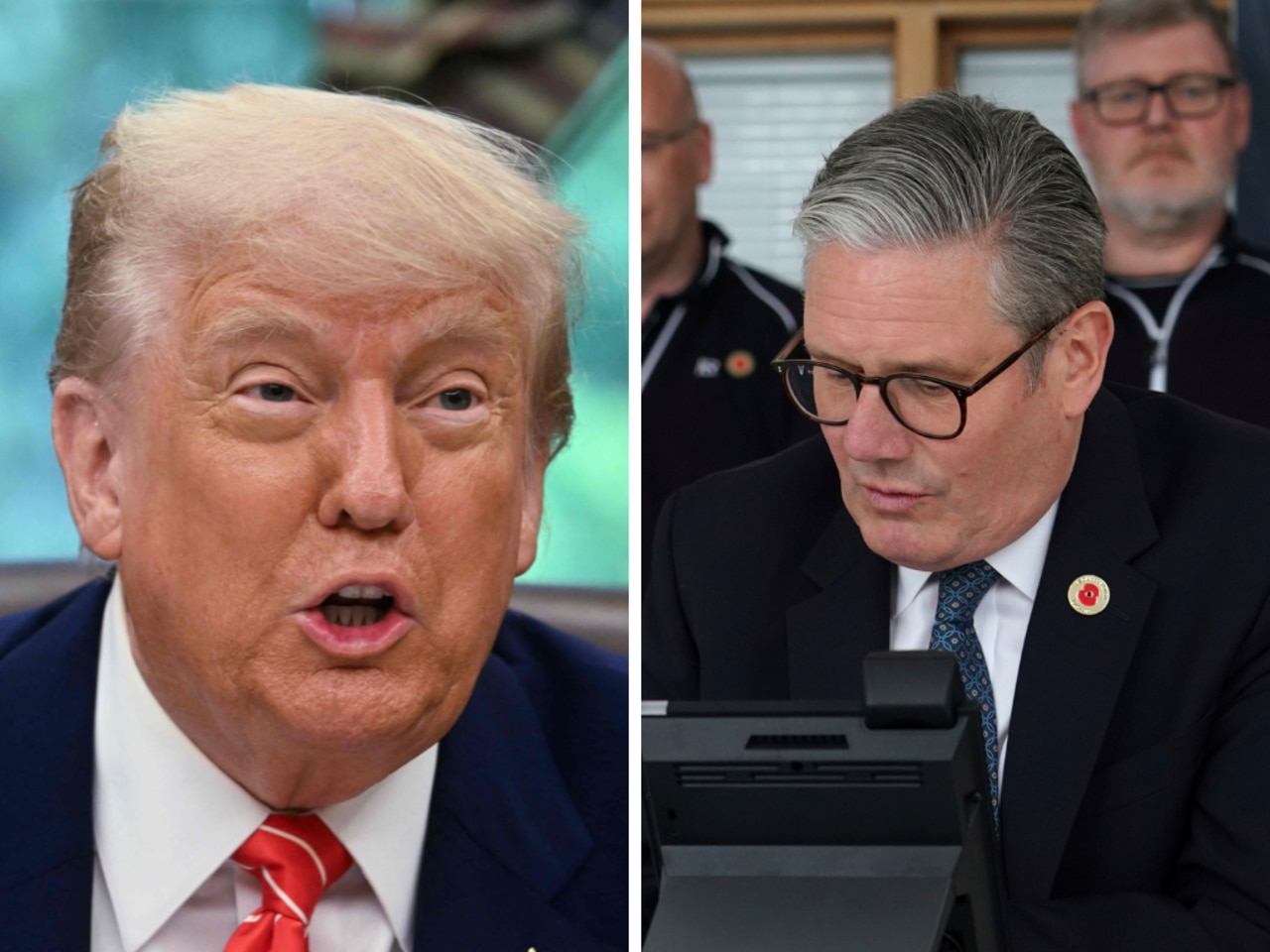

To join the conversation, please log in. Don't have an account? Register
Join the conversation, you are commenting as Logout